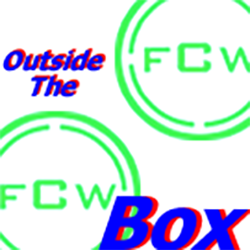
🔻 Frequently Asked Questions
Q1: How do I check if a web design company is real?Use a WHOIS lookup and check their copyright or trademark records. Avoid companies with no physical presence in the U.S. Q2: What’s typosquatting?
It’s when someone registers a domain similar to yours to steal traffic or reputation. Example: removing or adding an 's' to your brand. Q3: Can I take action if my domain is copied?
Yes. You can send a cease & desist letter, file DMCA claims, or seek legal help. We’ve guided clients through it. Q4: Why do scammers register in Delaware?
It’s a loophole — Delaware allows fast corporate filings. Many offshore companies use this to fake legitimacy. Q5: How does FCW protect clients?
We’ve fought and won these cases. We help clients secure domains, detect fraud, and build authentic digital presence.

